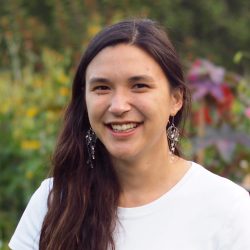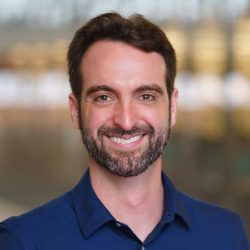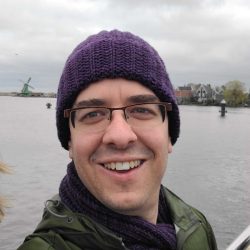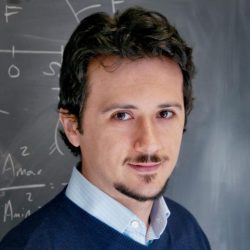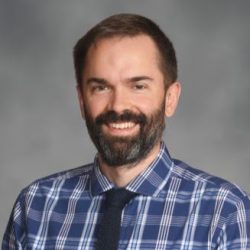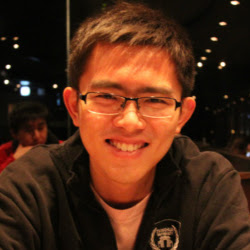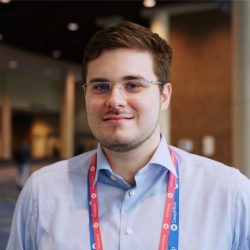
TILOS Seminar: Amplifying human performance in combinatorial competitive programming
VirtualPetar Veličković, Google DeepMind Abstract: Recent years have seen a significant surge in complex AI systems for competitive programming, capable of performing at admirable levels against human competitors. While steady progress has been made, the highest percentiles still remain out of reach for these methods on standard competition platforms such as Codeforces. In this talk, […]



